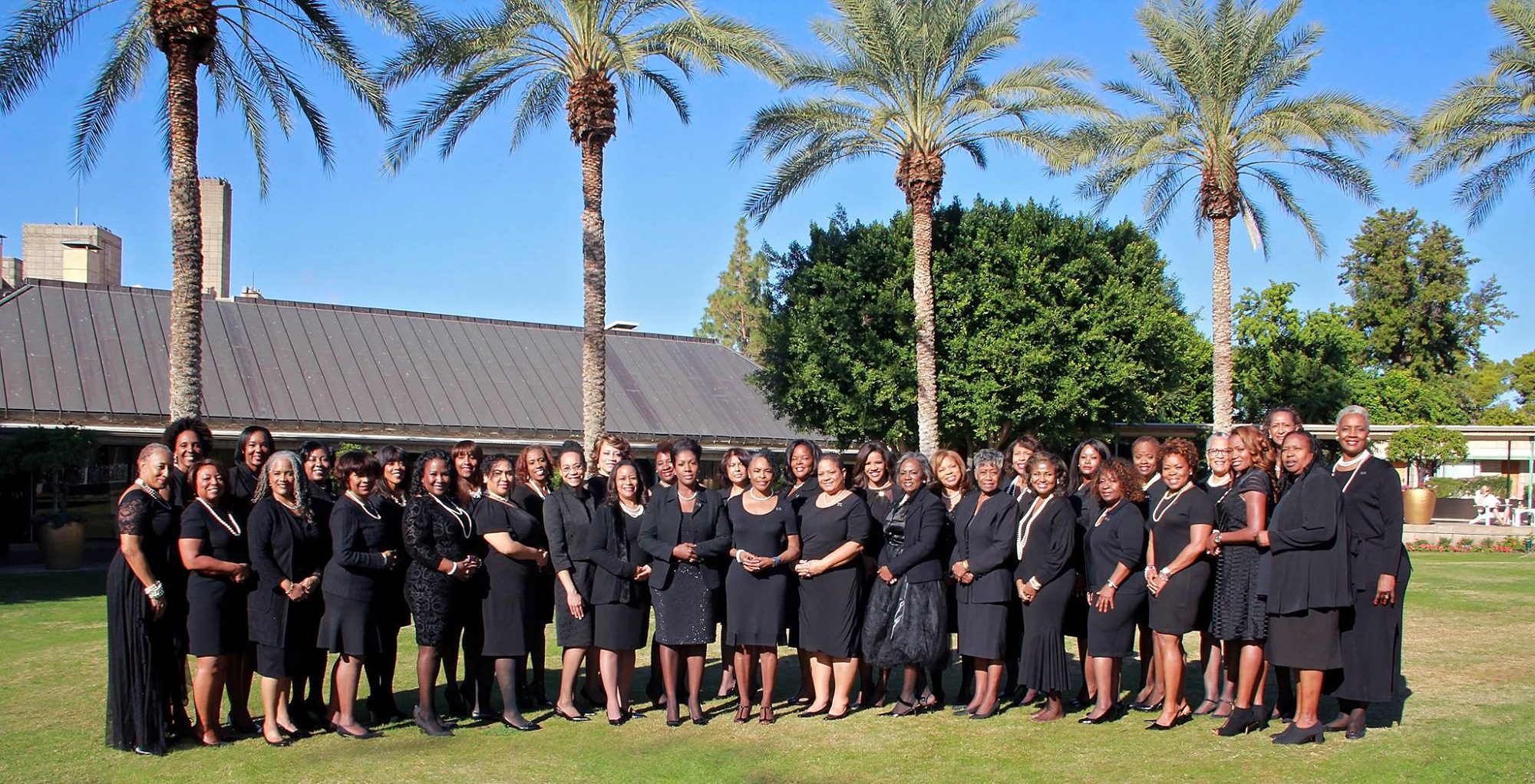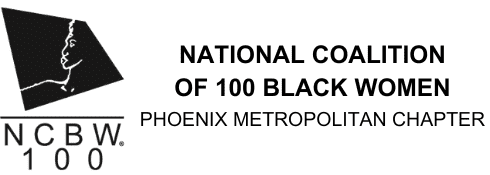About Us
NCBW Phoenix History
The Phoenix Metropolitan Chapter was chartered on November 14, 2015. We are a non-partisan, 501(c)(3) advocacy organization. We chartered with forty-six dynamic Black women leaders including entrepreneurs, lawyers, doctors, educators, television journalists, and philanthropists. We have embarked upon this journey to advocate on behalf of Black women and girls in the Phoenix metro area and beyond. Since our chartering in 2015, we have made remarkable strides towards accomplishing our mission. We continue to cultivate amazing partnerships with like-minded community organizations to affect positive change within the Phoenix Metropolitan community that will leave a lasting impact.
To promote Health advocacy, we will continue to call attention to the health disparities impacting Black women, including breast cancer and mental wellbeing. We know that healthy communities depend on access to quality and informed healthcare.
For Education advocacy, we support the introduction of and exposure to STEM curriculum for young Black girls. We will continue to advocate for educational environments and opportunities that allow our children to thrive. WE must be our children’s advocates. WE are the village!
As advocates for Economic Empowerment, we continue to be advocates for entrepreneurs and small business by continuing our efforts and advocacy on behalf of women-owned small businesses. We provide valuable information and resources on wealth-building and access to capital with the help of our partners and our trademarked SisterNomic$ curriculum.
While promoting civic engagement and voter education, we share valuable voter information and resources. Although we are a nonpartisan organization, we continue engage the community by sharing content that will help us all become more informed voters.
As advocates for Black women and girls, we will continue to engage in activities that identify, develop, and groom women leaders, promote the enactment of legislation that favorably impacts Black women and girls, and halt legislation that does not. Along this journey, we know that our efforts will place us in spaces where Black women are largely underrepresented. Our aim is to be a voice to the voiceless and speak truth to power. We believe that for any real economic, political, and social progress, we must center the discussion around the needs of Black women from our birth to throughout our entire life. As we continue to grow our membership of committed and tenacious women, we are ready, willing, and able to continue accomplishing this impactful advocacy work in the months and years to come. We are the Phoenix Metropolitan Chapter!

Chartering Day, November 14, 2015
